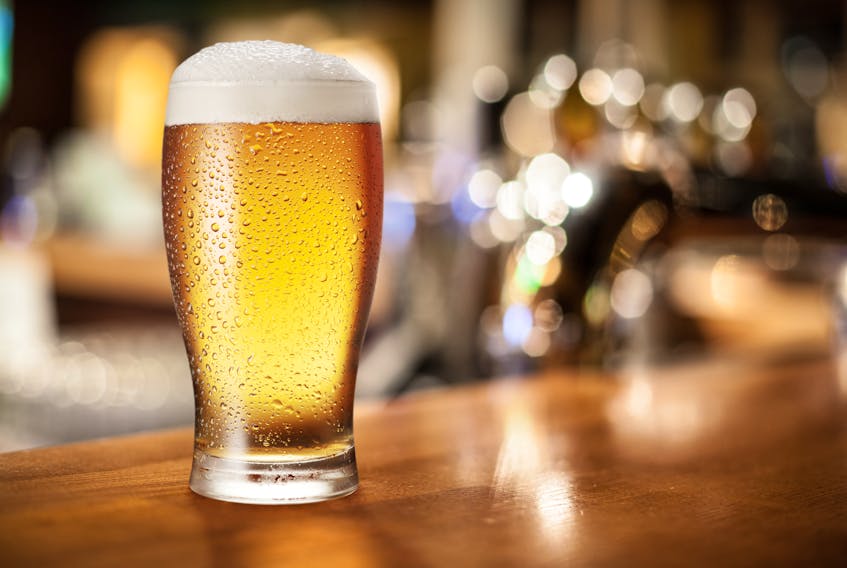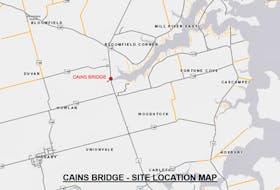While Atlantic Canada is a leader in impaired-driving regulations, it has lots of room to improve in other areas in order to reduce health and safety linked to alcohol consumption, according to new report cards co-authored by St. Francis Xavier University professor Kara Thompson.
“The Atlantic provinces are scoring poorly in terms of their alcohol policies compared to the rest of Canada,” said Thompson, an assistant professor in psychology. “All scored a failing grade, except for Nova Scotia — which scored a D.”
The report cards for Nova Scotia, New Brunswick, P.E.I. and Newfoundland and Labrador are part of the Canadian Alcohol Policy Evaluation (CAPE) project, which looked at alcohol policies for all of Canada’s provinces and territories, as well as on a federal level.
Using public records, websites and interviews with government representatives, a team of public health and safety experts from across Canada assessed the implementation of effective policies across 11 areas, including pricing and taxation, physical availability, impaired driving, marketing/advertising, minimum drinking age, liquor law enforcement, type of alcohol control system and health/safety messaging.
The reports found that Atlantic Canada had some of the best impaired-driving policies in the country, with all four provinces scoring As or Bs. Physical availability was a key area where all four failed, with the Atlantic provinces having a higher number of on-premise alcohol outlets for their populations than much of the rest of Canada, and Newfoundland and Labrador having the most places to buy take-away alcohol of all the Canadian provinces.
“We are seeing privatization of alcohol sales creep in. New Brunswick’s pilot project to allow alcohol sales in grocery stores in 2014 has resulted in equal numbers of grocery and government liquor stores, Newfoundland and Labrador have allowed beer sales in corner stores for a long time now,” said Thompson.
Marketing/advertising and health/safety messaging are two other areas with lots of room for improvement as the Atlantic provinces don’t have an independent authority to monitor alcohol ads, and health and safety messaging is not mandatory and of poor quality.
The report includes dozens of recommendations on how the Atlantic provinces can strengthen their policies, many of which are already in place somewhere in Canada.
To view all 13 of the provincial and territorial report cards or learn more about the study, visit alcoholpolicy.cisur.ca.









